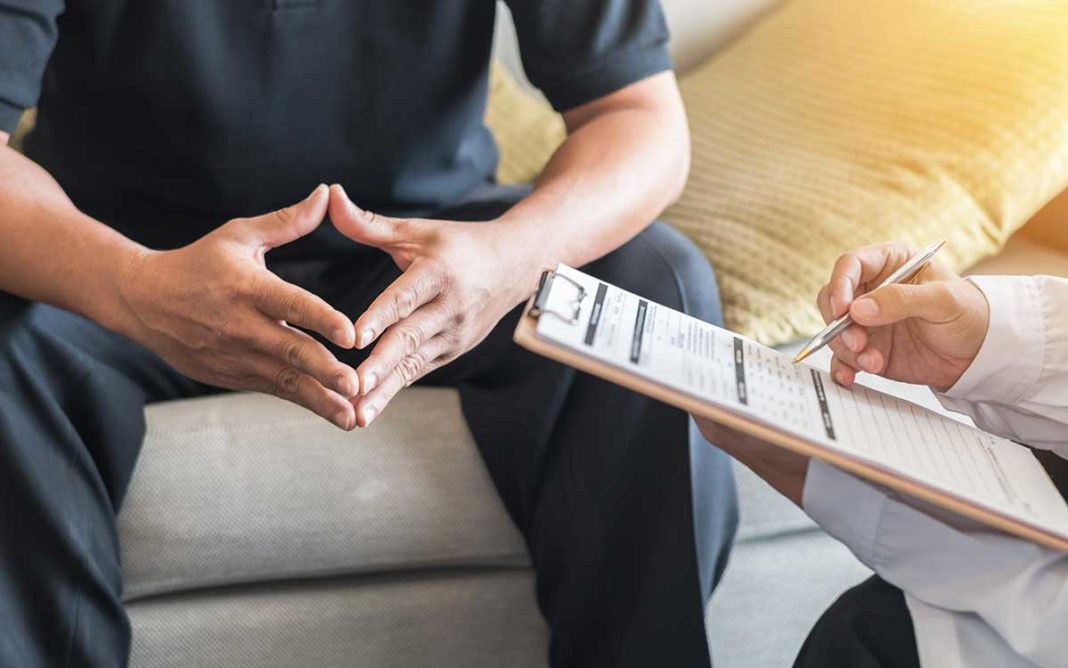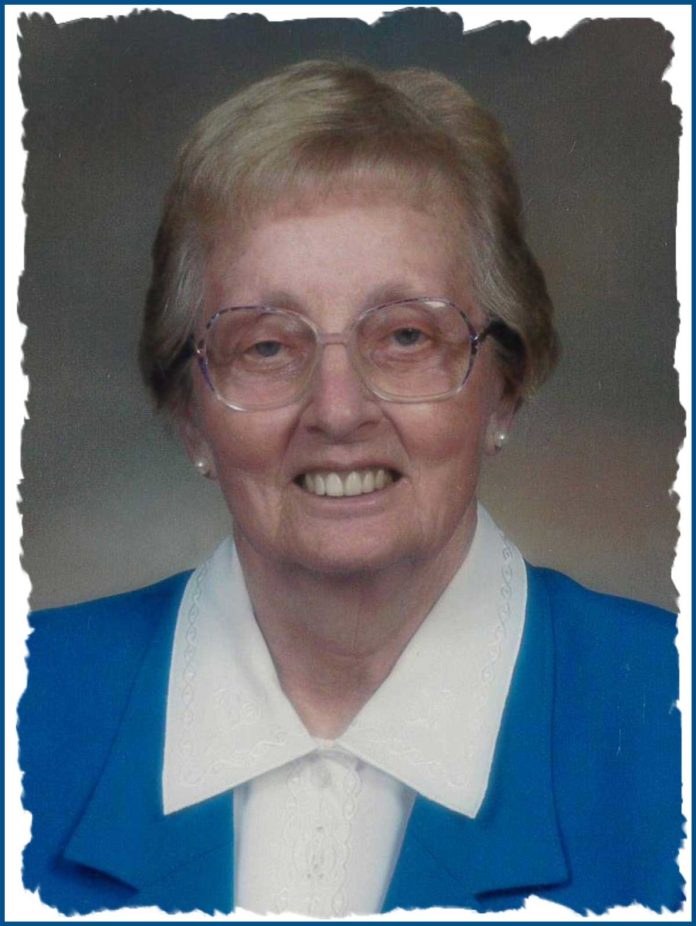AUNDECK OMNI KANING – The target date for the launch of Manitoulin’s mobile mental health and addictions clinic is April 1, said Danielle Wilson, executive director for Noojmowin Teg Health Centre, which was tasked with the development of an Island-centric service. It’s one of four pilot project investments announced by the province last fall, part of Ontario’s Roadmap to Wellness plan (2020) to address gaps in mental health and addictions care and to reduce waiting lists and long wait times.
Noojmowin Teg is ideally suited to lead the project, Ms. Wilson told The Expositor. “While we do provide the services for our Indigenous populations, we also have other services that are available to everyone,” she said. That includes a sexual violence forensic nursing service, available to anyone whether they are Indigenous or non-Indigenous.
“We already do provide services for the entire Island and much of our services are already outreach-based,” she added. “We go out to the West End and all the way down into Wiikwemkoong, and even up into the Espanola area. Many of our staff are already very experienced in the outreach capacity of the services.”
The new service will be available to all Island communities. Each of the four test pilot sites is developing a suite of custom services and delivery formats in accordance with their community needs. Some are developing a bus where the healthcare team travels with the bus, going out into the community as a team and others are developing more of an outreach model where individual members will go to see clients directly in their home communities.
The Manitoulin pilot project will be a flexible model that is client-centred and meets the needs of the clients at various levels and aims to reach those who may have difficulty accessing those services. “We’re very excited about this service,” Ms. Wilson said. One thing it addresses are the additional barriers, such as transportation, faced by rural communities.
“The whole intention of these mobile units is to bring the services to where the people are that need them,” she said. “Can you imagine living in the West End and you have to make daily drives to see a clinician in Little Current? If somebody’s on a daily dispensing methadone, it is really difficult.”
It comes at a time when COVID-19 has added to the existing impacts of addictions and mental health. Before the Omicron variant, COVID-19 had had an impact on Island communities but not to the magnitude of overdoses and overdose deaths that were occurring, said Ms. Wilson. “Until Omicron, there were more people being impacted by overdoses and overdose deaths in the communities on Manitoulin Island. I think that narrative has shifted just a little bit now that Omicron is here. That’s having a little bit more of an effect on Manitoulin Island. Nonetheless, for people that are living with substance misuse there are some concerns when people are in isolation modes, when they have to stay home. There are concerns when people are using substances and using them alone, and we have been hearing loudly from many of our First Nation partners and including the school districts, talking about mental health for children and the impact that COVID has had on children. This is a lifespan service that will be available to children and youth as well.”
Noojmowin Teg is going to be engaging and working very closely with the other Island partners that are involved with mental health and addictions as well. “We have created a plan,” she continued. “We’re pulling together a steering committee that will help inform some of the services. More importantly, the services are going to be rolled out into the communities how our municipalities and townships and our First Nation partners would like the service brought into each of their communities, whether it’s going to be in the actual mobile unit or is more of an outreach method where the clients will be seen inside one of their health centres, for instance.”
Conversations already underway with key partners have revealed some concern regarding stigma related to an actual bus and the visibility of the services, Ms. Wilson said. “One of the things we’re contemplating is doing more of a hybrid model, where there would be both a smaller mobile clinic and other providers would be able to travel elsewhere independently of the mobile unit. That way, if the mental health team is required in one community versus the primary care team being required in another part of the Island, then we can separate out the services so the team can go where the services are needed.”
The clinic team will include a nurse practitioner and a nurse, a social worker, an intake coordinator and a cultural support/peer support worker as well. There will be referrals and access to psychiatry if necessary. “We haven’t quite formulated exactly the scope of the addictions medicine, but it will also have the mental health component,” noted Ms. Wilson.
She’s hoping the service will be ready for a grand opening and ribbon cutting ceremony for April 1 but, “It’s a tight timeline to meet that. We’ll do what we can to get it out there because we know the services are needed on the Island.”
“It was very clear when we started this process, from all of our partners, that this service is very much needed on the Island,” Ms. Wilson said. “We’re very proud to be a part of the service but more importantly, I think it’s a needed service for clients that will improve health outcomes.”





